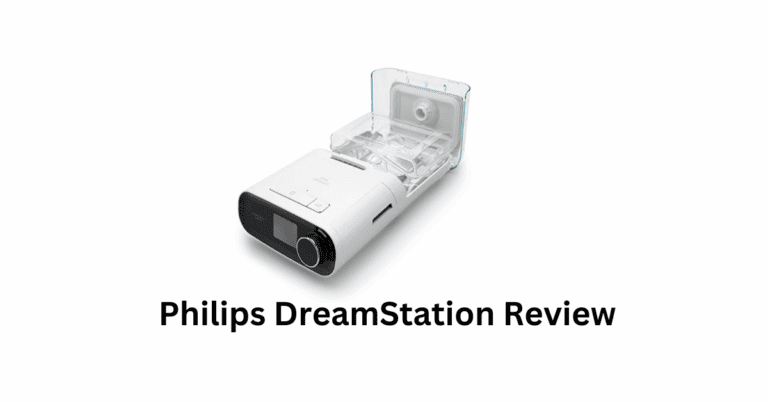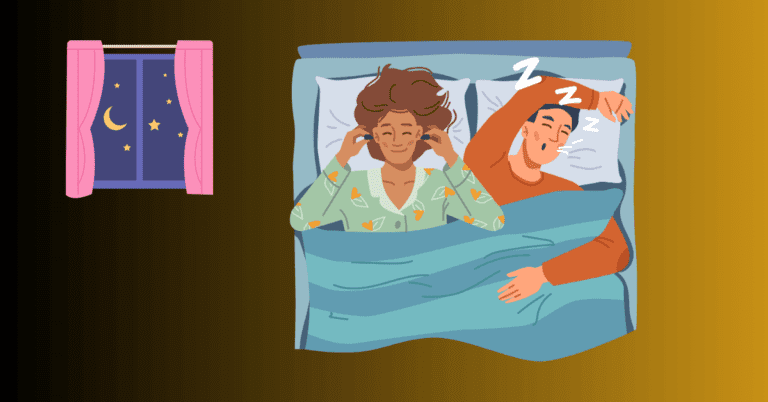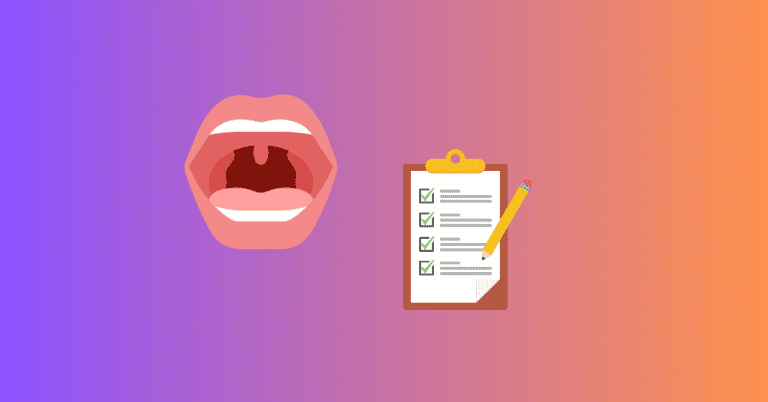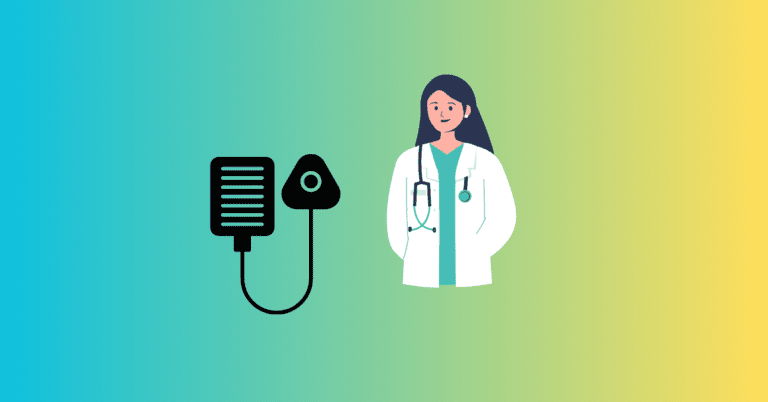Sleep Apnea and Erectile Dysfunction: How Are They Connected?
Jeremy Smith is a long-term CPAP user and sleep apnea advocate. After being diagnosed with severe obstructive sleep apnea, he created ByJeremySmith.com to help others navigate CPAP therapy through personal stories, gear reviews, and practical advice.
If you’ve heard about sleep apnea and experienced erectile dysfunction (ED), you might be wondering what they have to do with each other.
I know because I’m one of these people, and I wanted to find out more.
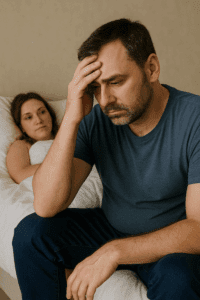
It turns out that these two health issues are more connected than most people think.
In this article, I’ll break down what sleep apnea and erectile dysfunction are, how they’re related, and what you can do to manage or even prevent them.
Let’s dive in.
What is Sleep Apnea?
Sleep apnea is a common sleep disorder that makes your breathing stop and start while you sleep.
There are a few types, but obstructive sleep apnea (OSA) which is the one I have, is the most common.
With OSA, the muscles in the back of your throat relax too much, causing your airway to narrow or close. This can lead to repeated breathing pauses, interrupting your sleep cycle.
Symptoms of Sleep Apnea
- Loud snoring
- Waking up gasping for air
- Daytime sleepiness
- Morning headaches
- Trouble concentrating
Understanding Erectile Dysfunction
Erectile dysfunction (ED) is when a person struggles to get or keep an erection firm enough for sexual intercourse.
While occasional trouble is normal, frequent issues could be a sign of a health problem. ED isn’t just about physical intimacy; it can affect self-esteem and relationships too.
Common Causes of Erectile Dysfunction
- Heart disease and clogged blood vessels
- High blood pressure
- Diabetes
- Stress, anxiety, and depression
- Hormonal imbalances
The Connection Between Sleep Apnea and Erectile Dysfunction
Now, here’s where things get interesting. You might not think that your sleep affects your ability to get an erection, but sleep apnea and ED are closely linked. Here’s how:
- Reduced Oxygen Levels: With sleep apnea, your blood oxygen levels can drop significantly during sleep. This decrease affects the health of your blood vessels and restricts blood flow, which is crucial for maintaining an erection.
- Hormonal Disruptions: Testosterone, the hormone responsible for sex drive, is produced mainly during sleep. If your sleep is consistently interrupted, your body may not produce sufficient testosterone. Low testosterone levels can lead to reduced libido and problems with erections. This is why you may only get an erection in the morning – Morning Wood.
- Sleep Quality: Both REM sleep and deep sleep are vital for your body’s restoration. Sleep apnea can disrupt these sleep stages, which may impact your overall energy levels, mood, and hormone production—all of which play a role in sexual health.
Studies Linking Sleep Apnea to ED
Several studies have highlighted the connection between these two conditions. In a research study, it was found that nearly half of the men with severe sleep apnea also experienced ED.
This indicates that sleep apnea is not just a minor inconvenience; it can have a profound impact on your overall health and well-being.
Moreover, treating sleep apnea can sometimes improve erectile function. For instance, men who use Continuous Positive Airway Pressure (CPAP) therapy often report improvements in their ability to maintain an erection.
CPAP machines help keep the airway open during sleep, ensuring better oxygen flow and higher sleep quality.
Why Treating Sleep Apnea Can Improve ED
Treating sleep apnea can help reduce or even eliminate the associated symptoms of erectile dysfunction. Here’s why:
- Better Oxygen Flow: When your airway is kept open, your body gets more oxygen. This helps keep blood vessels healthy and boosts circulation, which is essential for getting and maintaining an erection.
- Higher Testosterone Production: With better sleep quality, your body can produce the right amount of testosterone. This hormone not only affects your sex drive but also plays a role in energy and mood.
- Improved Overall Health: Treating sleep apnea can lower the risk of other issues like high blood pressure and diabetes, both of which are known to contribute to ED.
How Can You Tell if Sleep Apnea is Causing ED?
If you or someone you know is experiencing both sleep apnea and ED, it’s a good idea to see a healthcare provider. Here are some signs that sleep apnea might be contributing to ED:
- Persistent Fatigue: Constant tiredness that persists despite a good night’s sleep may indicate poor sleep quality due to sleep apnea.
- Snoring with Pauses: If your partner notices that you snore loudly with pauses in between, it’s a key sign of sleep apnea.
- Difficulty Concentrating: Poor focus during the day can be a result of disrupted sleep.
Treatment Options for Sleep Apnea and ED
The good news is that there are treatments available for both sleep apnea and erectile dysfunction. Often, addressing sleep apnea can lead to improvements in ED.
1. CPAP Therapy
CPAP machines deliver continuous airflow to keep your airway open throughout the night. They can significantly improve sleep quality and boost oxygen levels, which can have a positive impact on erectile function.
2. Lifestyle Changes
- Weight Loss: Losing weight can reduce the severity of sleep apnea and improve blood flow, which helps with ED.
- Quit Smoking: Smoking damages blood vessels, which can worsen both sleep apnea and ED.
- Exercise: Regular physical activity helps keep the cardiovascular system in good shape, promoting better blood flow and overall energy.
3. Medication
While there are medications specifically for ED, treating sleep apnea first can sometimes reduce the need for these drugs. If medications are still required, a doctor can recommend suitable options.
4. Therapy for Psychological Causes
Sleep apnea can increase stress and affect mood, both of which can contribute to ED. Cognitive-behavioral therapy (CBT) or speaking with a counselor might be helpful if anxiety or depression is also an issue.
Final Thoughts
Sleep apnea and erectile dysfunction may seem unrelated, but they share a close connection rooted in blood flow, oxygen levels, and hormone production.
If you or a loved one is dealing with either condition, know that you’re not alone and that help is available. By treating sleep apnea, you might see a marked improvement in sleep and overall sexual health and well-being.
Addressing these issues head-on with your healthcare provider can set you on a path to better health. After all, good sleep and a healthy lifestyle don’t just make your days better—they can improve your nights too.
References
- Sleep Apnea Overview: Information about the definition and symptoms of obstructive sleep apnea (OSA) can be found at the American Sleep Apnea Association and related medical journal articles on sleep disorders.
- Erectile Dysfunction Overview: General details about ED, including its causes and symptoms, can be referenced from the Mayo Clinic and the National Institutes of Health (NIH).
- Connection Between Sleep Apnea and ED: Research highlighting the connection between sleep apnea and ED is supported by studies published in the Journal of Sexual Medicine and Sleep.
- Oxygen Levels and Blood Flow: Details on the impact of reduced oxygen levels during sleep apnea affecting blood circulation are often discussed in cardiovascular and respiratory health studies.
- Hormonal Disruptions: Information on how sleep interruptions affect testosterone production can be found in endocrine system research and relevant sleep studies.
- Improvement with CPAP Therapy: The benefits of CPAP therapy on ED are discussed in Respiratory Medicine and through clinical trials available on PubMed.
- Lifestyle Changes: The connection between lifestyle modifications, such as weight loss and quitting smoking, with improvements in sleep apnea and ED is detailed by the American Heart Association and the CDC.
- Psychological Support: The role of stress, anxiety, and cognitive-behavioral therapy (CBT) in managing ED can be referenced from mental health research and psychology articles.
Disclaimer: The content on this blog is for informational and educational purposes only and is not a substitute for professional medical advice. Always speak with your doctor or sleep specialist before starting, stopping, or changing any treatment or therapy related to sleep apnea or CPAP use.
